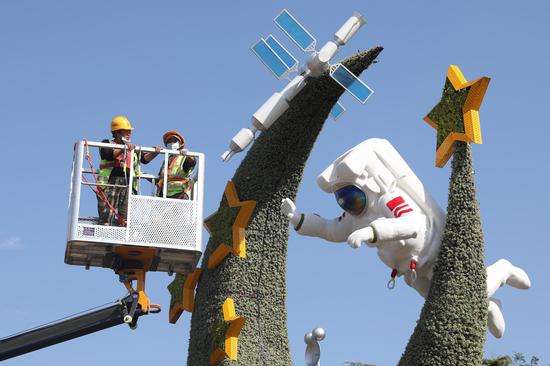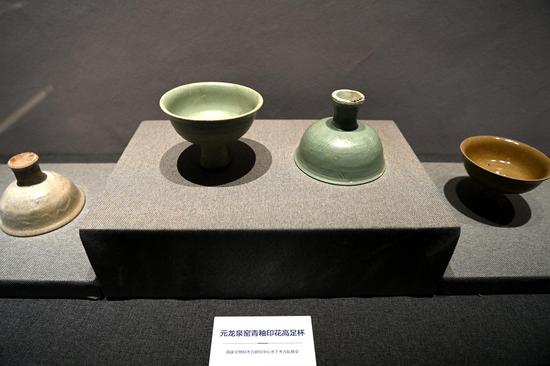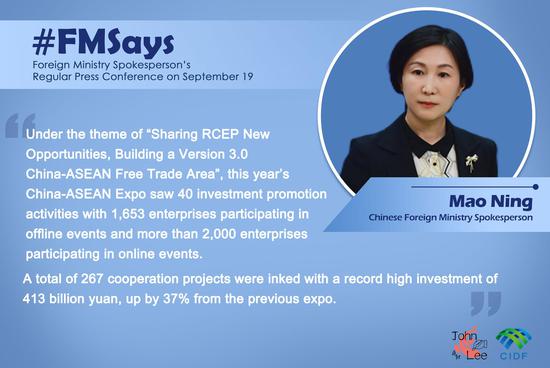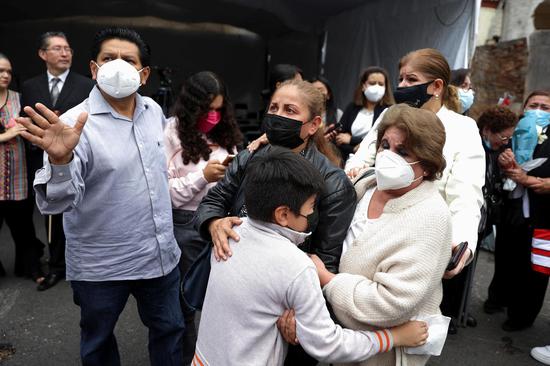(ECNS) -- “I was once caught in the rain, so I always want to hold an umbrella for others,” Li Nannan, a "silent" restaurant owner said.
In her hot-pot restaurant where all the servers are deaf-mute in Xinxiang City, central China’s Henan Province, customers write down their needs, or point to signs on the wall to place an order.
Li's restaurant has offered jobs to 30 deaf-mutes since 2010.
Ten years on, her business has become increasingly prosperous. She once owned three hot pot restaurants, each of which employed three to five deaf people.
However, communication between deaf people and customers can lead to problems.
A customer once waited for half an hour after placing an order, to no avail. After many reminders, the food was finally served, however, the order was completely wrong, leaving the customer extremely annoyed.
Li and her husband Wang Wei Song tried their best to placate both the customer and the staff.
Even though they couldn't hear it, they could see the anger on the customer's face. They asked her uneasily if they were causing trouble, or weren’t up to the job, Li said.
I encouraged them not to worry, she added.
To solve the communication problem, Li posted obvious signs on the walls that read "This is a silent restaurant, and the servers are all deaf and mute."
In addition, Li’s friends designed cartoons, converting common words into pictures, covering soup, tableware, beverages, and more.
If a customer points to one of the pictures, employees can immediately understand their needs, avoiding any error.
If customers have more complex needs beyond the comic content, they can write on a note next to the desk.
When asked why she insisted on only providing jobs to the deaf-mute for 12 years, Li said she had witnessed the difficulties they experience as a child, with six of her family members both deaf and mute, and facing limited job opportunities, etc.
I chose to open a hot pot restaurant and make it easier for the disabled to prepare and serve dishes, with gas stoves replaced with induction equivalents, which are safer for deaf employees to use, Li said.
Xinxiang City is home to more than six million residents, of which more than 40,000 are deaf and mute, and with only one school for them to attend.
Li’s parents used to study at this school, meaning the employees in the hot pot restaurant are mainly their classmates. Now deaf people who are applying for work often take the initiative to ask Li for a job.
I hope that the deaf and mute can work and live normal lives, using their strength to earn a reasonable living, Li said.


















































 京公网安备 11010202009201号
京公网安备 11010202009201号